There's a solution presented here using streams but can equally work with readFile. The problem that was at play in the issue is that the value for the dateNF option in sheet_to_json needs some escape characters.
E.g.:
const XLSX = require('xlsx');
const filename = './Book4.xlsx';
const readOpts = { // <--- need these settings in readFile options
cellText:false,
cellDates:true
};
const jsonOpts = {
header: 1,
defval: '',
blankrows: true,
raw: false,
dateNF: 'd"/"m"/"yyyy' // <--- need dateNF in sheet_to_json options (note the escape chars)
}
const workbook = XLSX.readFile(filename, readOpts);
const worksheet = workbook.Sheets['Sheet1'];
const json = XLSX.utils.sheet_to_json(worksheet, jsonOpts);
console.log(json);
For this input:

Will output:
[
[ 'v1', 'v2', 'today', 'formatted' ],
[ '1', 'a', '14/8/2021', '14/8/2021' ]
]
Without the dateNF: 'd"/"m","/yyyy' you get same problem as you describe in the question:
[
[ 'v1', 'v2', 'today', 'formatted' ],
[ '1', 'a', '8/14/21', '8/14/21' ]
]
The two potential unwanted side effects are:
- use of the
cellText and cellDates options in readFile
- note my custom format of
yyyy^mmm^dd in the input - the dateNF setting overrides any custom setting
